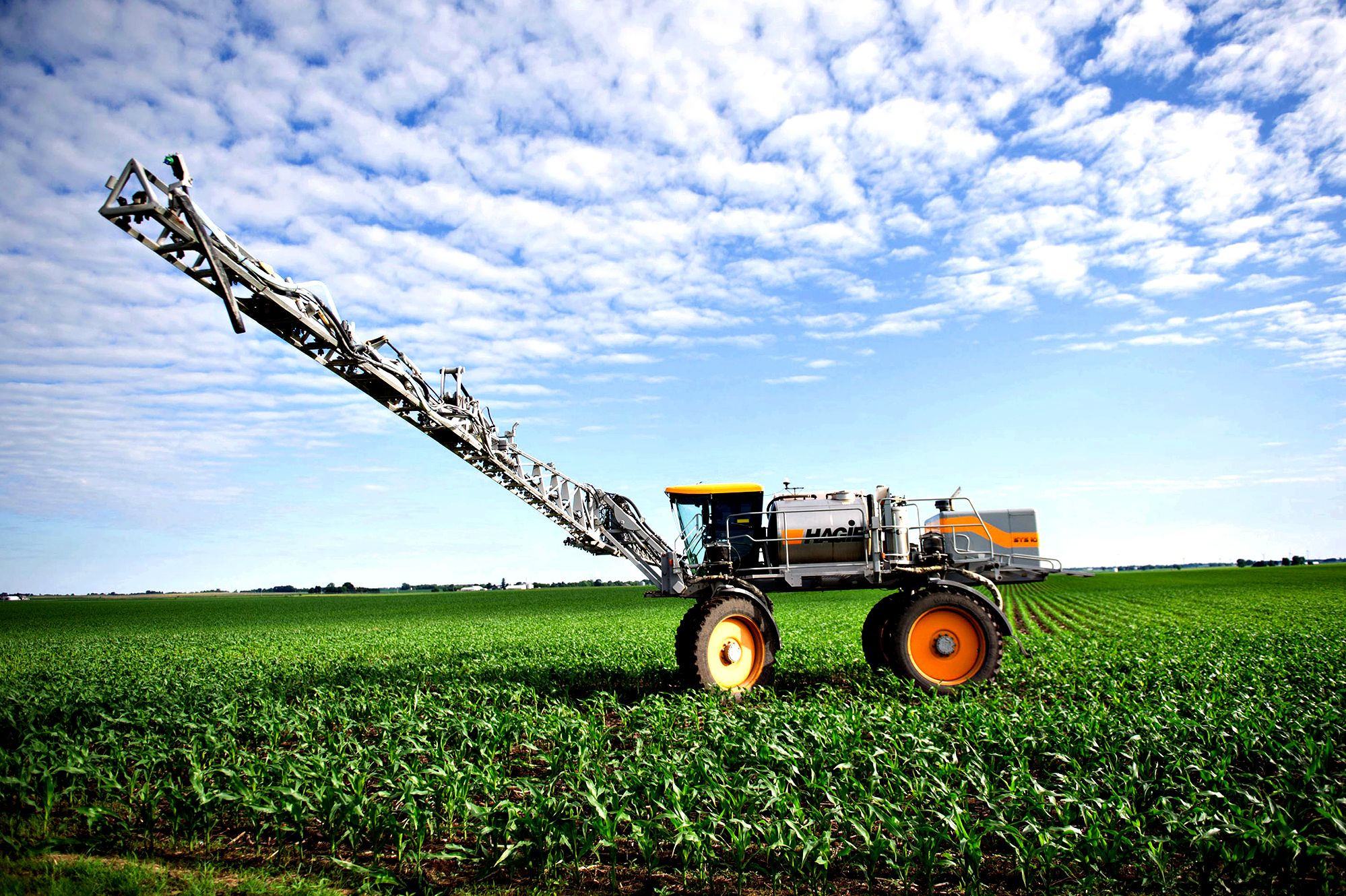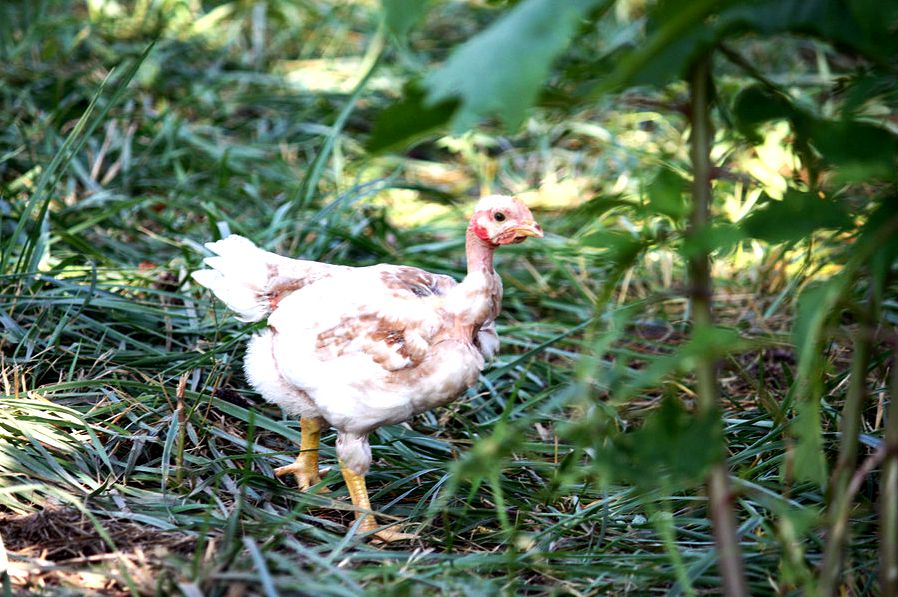
Everything weight, accrued rapidly, can overwhelm a youthful chicken’s bones.
"We are getting issues with legs," Muir states. "They cannot offer the weight. We experience splayed legs, joint pain. This can be a major well-being concern, when the bird can’t walk."
Research has observed these complaints in between fifteen to thirty percent of chickens grown for his or her meat, referred to as broilers.
Broiler chickens are slaughtered when they are still youthful, but other medication is stored around to be able to reproduce. Those are the so-known as breeder flocks — the origin from the vast amounts of chickens that individuals eat.
Since these chickens live longer, Muir states, there is a special problem. "They are just too large and high, when we allow them to continue eating, they could not reproduce. So they need to be dieting, a serious diet, and they are always hungry."
For those individuals reasons, some animal welfare advocates happen to be contacting chicken companies to show back the time and go back to slower-growing kinds of chickens.
Individuals breeds still are available. Chicken producers can get them organized in the same big chicken-breeding firms that produced the short-growing chicken.
There’s growing interest in slower-growing breeds in Europe. Within the U.S., they are mainly utilized by maqui berry farmers who wish to raise their chickens that old-fashioned way, playing around outdoors.
Theo Weening, the worldwide meat buyer for Whole-foods Market, states his stores do stock small amount of such pastured chicken. "Really, I am going this mid-day to Arkansas, to Very Lake Farms, [which] utilizes a slow-growing chicken," he told The Salt.
Whole-foods lately announced it wants all its suppliers, even individuals raising large figures of broilers inside, to shift to slower-growing kinds of chickens.
The shift will require eight years. Whole-foods and also the Global Animal Partnership, a company that Whole-foods established to create welfare standards because of its suppliers, state that this can affect 277 million wild birds yearly. That is representative of about 3 % from the country’s broilers.
The slow-growing bird "is a far greater, healthier chicken, and simultaneously it is a much [more] flavorful chicken too,Inch Weening states.
But according to him this chicken includes an expense. Slower-growing breeds consume more feed per pound of meat. Based on data online from the chicken breeding company Aviagen, a slower-growing breed known as Rowan Ranger consumes about 25 % more feed while growing to some weight of 6 pounds compared to Ross 308 breed, which the organization states may be the "world’s most widely used broiler."
Following the Whole-foods announcement, the nation’s Chicken Council, addressing major chicken producers, released an announcement disputing the concept that faster-growing chickens are less healthy or suffer.
The Chicken Council also stated the advantages of the industry’s push for good greater efficiency. It’s cut the price of growing chickens, reduced the quantity of land needed to develop chicken feed, making chicken typically the most popular meat in the usa.
 Resourse: http://npr.org/sections/thesalt/2016/03/30/472167748/
Resourse: http://npr.org/sections/thesalt/2016/03/30/472167748/

Is Organic Food Better for Your Health?
Video COMMENTS:
TheSocialIrony: He makes a lot of good points here, and I like how clear he is about this video not addressing the other issues, such as the environment. I really like how he mentions that not everyone can afford to eat organic, and that not all of our food supply can be organic anyway.
indoctus41: +RustyDust101 Good post. Thanks.
reed millar: +soylentgreenb It's been awhile since I looked at the data on this, but I found most of the research and numbers not to really support that conclusion. The leading indicator for productivity seems to be the quality of the land crops are the amount of irrigation built to support the crops. Cash crops like corn, and soy generally get the best land and the most irrigation. So of course organic corn lags hugely behind engineered crops with pesticides grown in the most fertilized soil with the most irrigation. It probably still lags behind when you account for those variables, but much less so. But it also uses less chemicals. It's also true that eating locally, where one half filled delivery truck brings food to a farmers market or restaurant often burns more carbon than eating a factory produced chicken or tomato because of how low the share of carbon consumption is when things are mass produced. The question we need to really debate is how much do we want to mass produce food and what are the potential health effects of doing so, both for people and the environment.
at0micpn0y: Non-organic is better for your health. Why?\n1. Bigger fruits and vegetables to fill you up, thus skipping junk food\n2. Cheap prices mean you don't have to work twice as hard to buy the over-inflated trendy organic produce.\n3. Money saved from not buying organic can buy you a gym membership.\n\nI just bought tomatoes for 96 cents per 2 lbs and I live in Miami! Compare that to organics.
TurboDally: Can buy a bicycle a year with the money you save and cycle to work burning off teh fat…
Mercedes: at0micpn0y the fruit is bigger because it's filled with extra hormones look it up
Correctrix: This whole video seems like one big straw man. The only times I've ever heard the claim that organic food has more nutrients such as fibre and calcium are in debunkings such as this. The emphasis I usually hear is on the toxicity of pesticides, fertilisers and hormones, and overuse of antibiotics. You say it don't have more vitamin C, etc. Who cares? I didn't think it did. Then you move on to pesticides and admit that the levels are lower in organic food, but try to make that not count by saying all the levels are under the thresholds. Well, of course traditional farming meets its own thresholds. It would be a scandal if it didn't. The point is that organic farming improves on that.\n\nYou then fail to rebut the idea that organic produce has less hormones and antibiotics, when these are key reasons to eat it. This is a matter not only of the direct effects on the person eating the food, but also the release into the environment. Antibiotic resistance in particular is a major problem. It is pointless to tell doctors not to prescribe them if the infection is likely to be viral: even if we stopped all prescribing, farms would still each be pumping kilos of the stuff into livestock, and those antibiotics are then in our food and our ecosystems, making us all vulnerable to bacterial infections.\n\nYou kind of wave away environmental concerns as some sort of irrelevant matter of personal opinion, when it's actually the main reason to prefer organic produce.
Defined Edits: He addressed pesticides. It appears that there are more in no organic food but that increase had no effect or very little effect on people's health.
ihartevil: defined prove it because from what i can find the kockbrothers are being sued over GMOs and hybrid foods arent GMOs
Nova Fusion: If you best rebuttal to this is "Paid shill", you've ran out of arguments.
Tags: slower-growing, uses, whole-foods
Comments are closed here.
